This discussion and review contains spoilers for She-Hulk episode 5, “Mean, Green, and Straight Poured into These Jeans.”
“Mean, Green, and Straight Poured into These Jeans” is a fairly solid episode of She-Hulk. It continues to use the old-fashioned “two plots in parallel” structure that the show honed in on “The People vs. Emil Blonsky.” The two threads are even thematically related, both anchored in the idea of Jen’s (Tatiana Maslany) ownership of her “brand.” The results are somewhat less satisfying than “Is This Not Real Magic?,” but it’s still a structure that basically works, built around interesting ideas.
It is interesting that She-Hulk is a show so fascinated with the idea of superheroes as intellectual property. After all, there are any number of interesting legal prisms through which the concept of superheroes and supervillains might be interrogated. If Jen is a pioneer in the field of “superhuman law,” it seems like her casework should probably be dominated by issues around the privacy of a secret identity, the admissibility of evidence gathered by characters in costume, and so on.
She-Hulk has played with some of these ideas. “The People vs. Emil Blonsky” split its attention between a bail hearing for convicted supervillain Emil Blonsky (Tim Roth) and a case of stolen identity involving an elf (Peg O’Keef) who impersonated Megan Thee Stallion (herself). However, the cases of the week in both “Is This Not Real Magic?” and “Mean, Green, and Straight Poured into These Jeans” are primarily concerned with the ownership of superhero brands.
In “Is This Not Real Magic?,” Sorcerer Supreme Wong (Benedict Wong) sued Donny Blaze (Rhys Coiro) over his ownership of magic from Kamar-Taj. In “Mean, Green, and Straight Poured into These Jeans,” Jen finds herself embroiled in a lawsuit with the supervillain influencer Titania (Jameela Jamil) over the trademark to her own superhero codename. It’s weird to see a big goofy superhero comedy that is so obsessed with the idea of superheroes as copyright material in-universe.
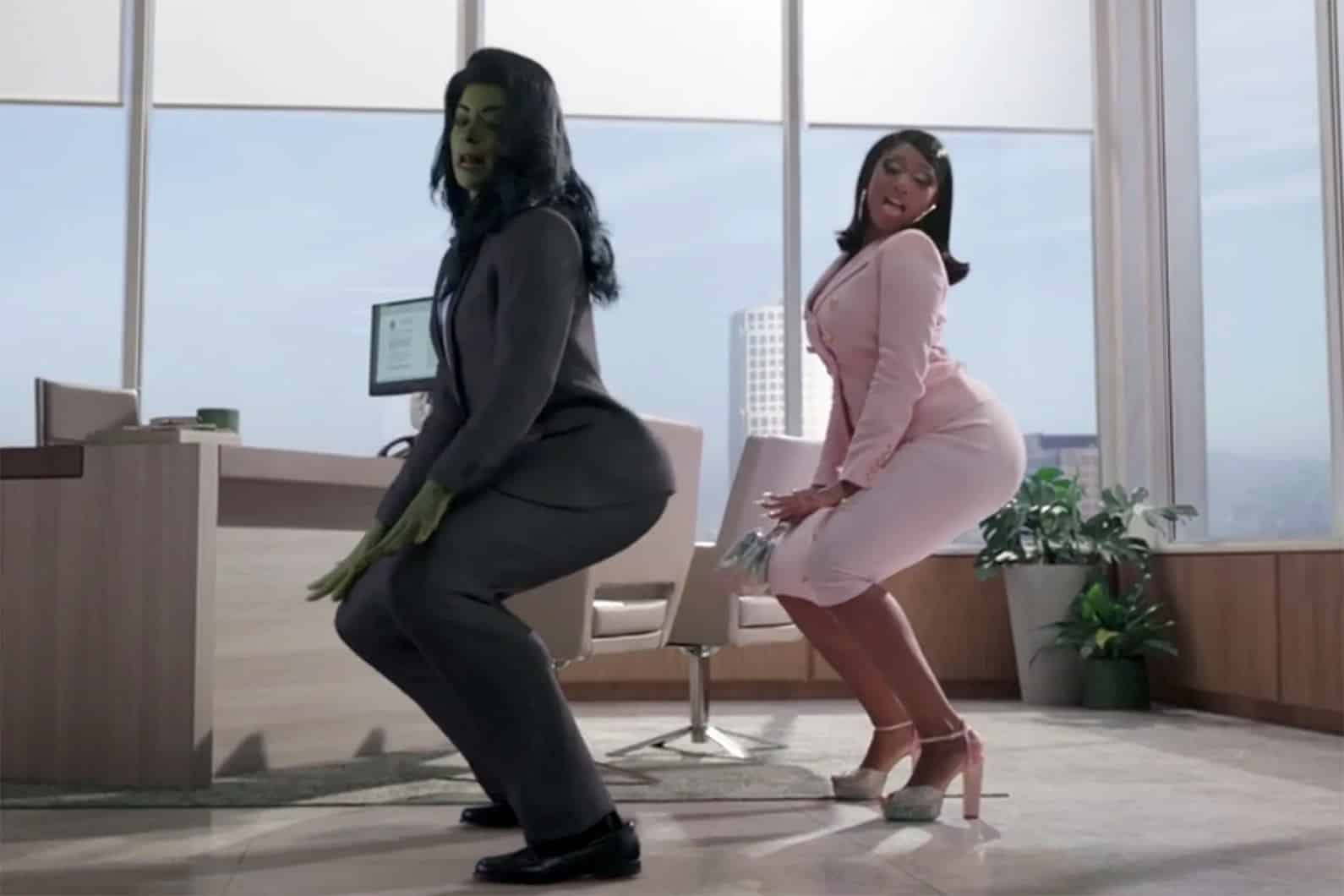
Then again, there is something very honest and open in this. She-Hulk is a streaming series released by one of the largest multimedia companies on Earth, which has built its brand on the management of its intellectual property. There are reasons why a show streaming on Disney+ might be preoccupied with the ins and outs of copyright law, given that Mickey Mouse is due to enter the public domain next year and will therefore be ready for the Winnie the Pooh: Blood and Honey treatment.
More than that, as one of the dominant strands of modern American pop culture, the history of superheroes is often written in copyright lawsuits. Almost a decade ago, Marvel found itself embroiled in a copyright lawsuit with the descendants of artist Jack Kirby over ownership of many of its best-known characters. DC was involved in a similar lawsuit with the estate of Jerry Siegel concerning the rights to Superman.
These lawsuits ultimately ended up affirming the ownership of these icons by conglomerates. The history of superheroes is one of exploitation of creators. Marvel is proactively engaged in lawsuits with Larry Lieber (Stan Lee’s brother) and the estates of artists like Steve Ditko, Don Heck, Gene Colan, and Don Rico over the ownership of their characters. Writer Alan Moore has talked about how DC’s refusal to acknowledge his ownership of Watchmen alienated him from mainstream comics.
Many of the writers and artists who created beloved and iconic characters who anchor these billion-dollar franchises are broke. Bill Mantlo, who co-created Rocket Raccoon, is drowning in medical debt despite the fact that one of his creations is anchoring a franchise worth over a billion dollars. Ed Brubaker, whose work was a cornerstone of the Captain America cinematic franchise, earned more from a cameo in Captain America: The Winter Soldier than for creating the concept of the Winter Soldier.
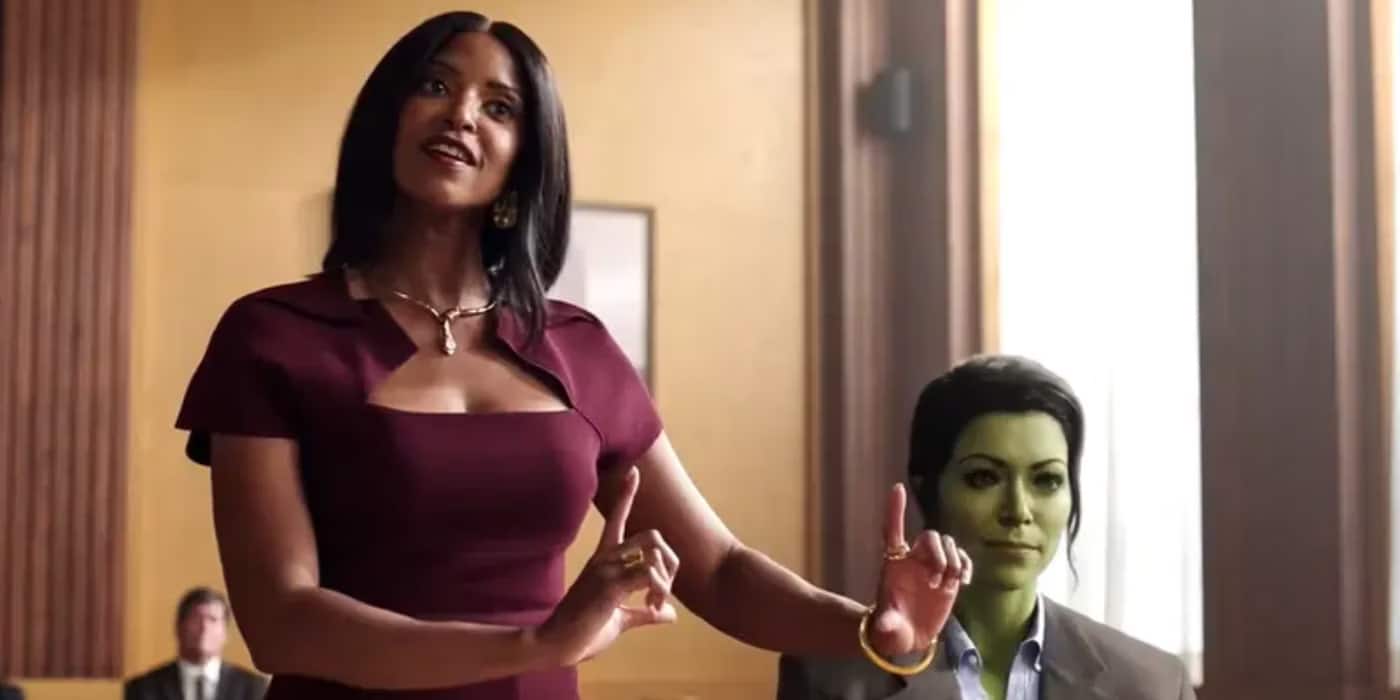
As such, it makes sense that She-Hulk should be obsessed with the ownership of superheroes as intellectual property, building two consecutive early episodes around battles for superhero brands. It also feels more than a little cynical, given the reality of the situation. The sorts of battles for ownership of intellectual property depicted in “Is This Not Real Magic?” and “Mean, Green, and Straight Poured into These Jeans” have made companies like Disney very rich, while creators starve.
Admittedly, there is some self-awareness in Dana Schwartz’s script for “Mean, Green, and Straight Poured into These Jeans.” This time, Jen isn’t representing a giant well-resourced interest trying to crush a family-run business. Instead, Jen fights Titania’s exploitation of her own brand, complete with breathtakingly cynical “own who you are” marketing that recalls the way in which these conglomerates often appropriate identities and movements for their own commercial purposes.
There is also something genuinely clever in casting Jameela Jamil in the role of Titania. Jamil is a figure who has been very active on social media and who has generated considerable controversy over her stances on things like body positivity. Indeed, Jamil has been accused of appropriating others’ identities before, with her involvement as a judge on an HBO Max show about ballroom culture proving controversial given her lack of previous ties to the LGBTQI+ movement.
Jamil is in on the joke, playing Titania as a social media influencer obsessed with profiting off her “Titaniacs,” willing to do whatever it takes to get ahead. It’s clever and canny casting. As with the guest appearance of Megan Thee Stallion in “The People vs. Emil Blonsky,” it demonstrates that She-Hulk is interested in reaching an audience beyond those obsessed with comic book continuity. It has things to say about parts of culture previously unexplored by the Marvel Cinematic Universe.
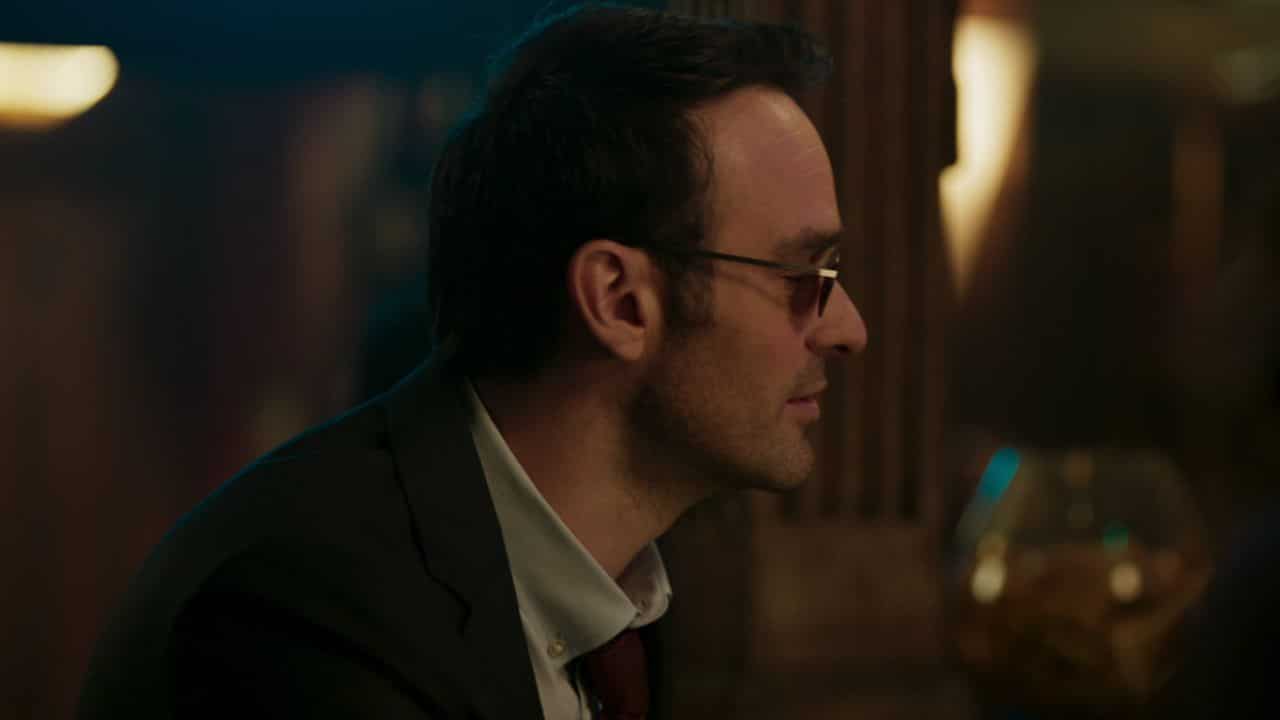
One of the show’s biggest tensions is its relationship to the shared superhero universe and the extent to which the series can be its own thing while still delivering the requisite fan service. Both “Is This Not Real Magic?” and “Mean, Green, and Straight Poured into These Jeans” present nerdy superhero fan Todd (Jon Bass) as a figure of mockery, but the show is also saturated with cameos and in-jokes. The episode even ends on a Daredevil tease.
This tension is obvious in the secondary plot of “Mean, Green, and Straight Poured into These Jeans.” There’s a neat thematic overlap between both strands of the episode, as each thread is in some way about the idea of Jen coming to own the She-Hulk brand. In the primary thread, she fights for her name in court, while the subplot follows Nikki Ramos (Ginger Gonzaga) and Augustus “Pug” Pugliese (Josh Segarra) as they attempt to source Jen some superhero costuming.
The biggest problem with this subplot is that it’s an idea that has been done much better in other superhero stories. Superhero tailor Luke (Griffin Matthews) feels like a lame ripoff of Edna Mode (Brad Bird) from The Incredibles. It would be one thing if Luke were funny enough to justify rehashing that old superhero cliché. After all, stories don’t need to be original; they just need to be entertaining. At this stage, She-Hulk is mostly coasting.
As in both “The People vs. Emil Blonsky” and “Is This Not Real Magic?,” She-Hulk brushes up against the issue that it is not consistently funny enough that it can afford to half-deliver on its high concepts. As a sitcom, it needs to start either heightening its premises or simply honing the jokes within the simple setups that it is using. At the moment, there’s a disheartening sense of “just good enough” to She-Hulk as a superhero sitcom, with the shared universe branding serving as a crutch.
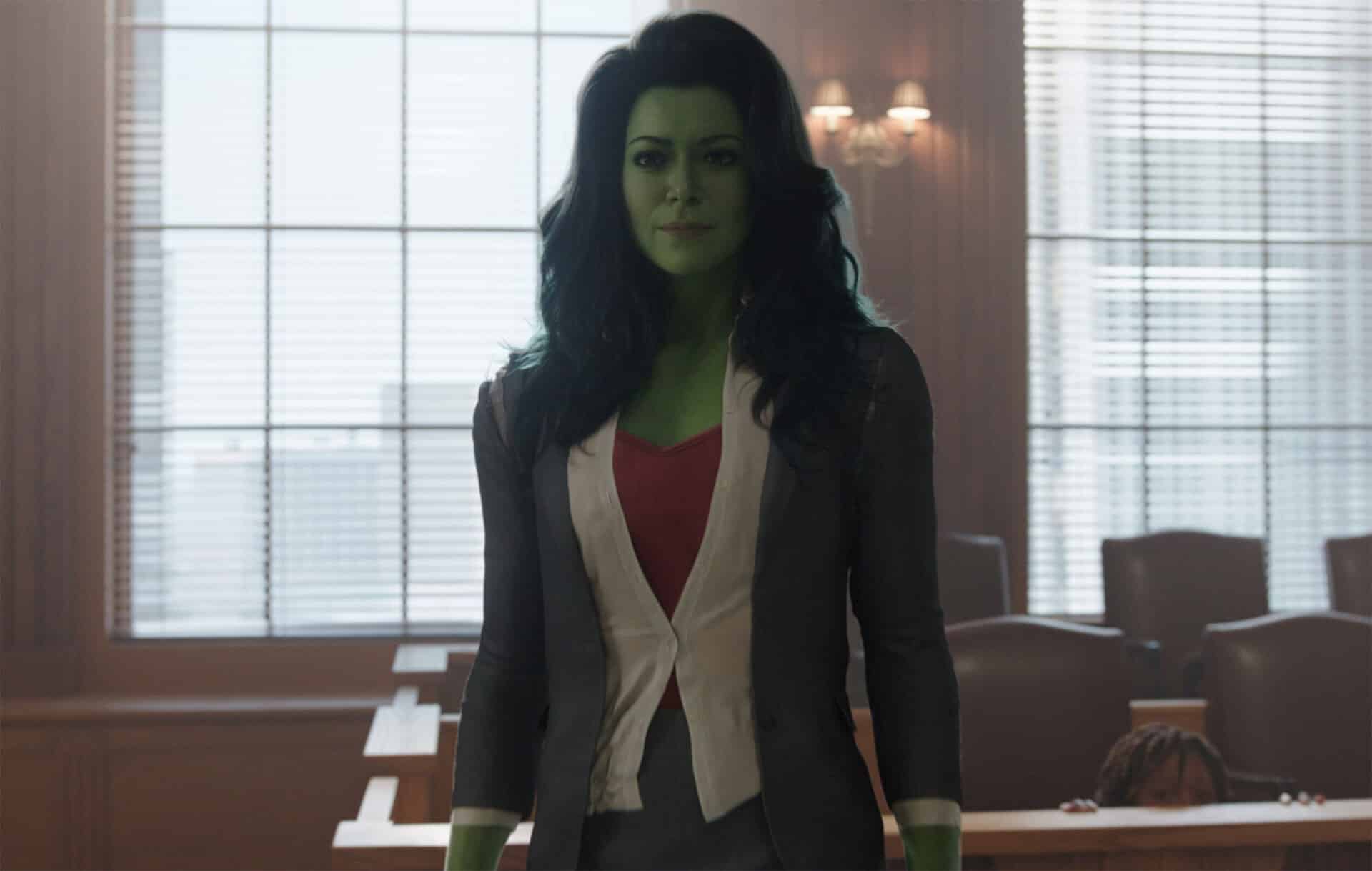
Still, there are things to enjoy in “Mean, Green, and Straight Poured into These Jeans.” While Nikki and Pug don’t yet feel like three-dimensional characters, it is nice to spend time with them, and both Gonzaga and Segarra are engaging screen presences. It’s almost a shame that the episode spends so much time visiting Luke’s tailor shop while relegating Pug’s Quibi-worthy sneaker collection to a closing credits art card.
While the show’s emphasis on intellectual property feels somewhat calculated, it is also an interesting way to approach Jen’s complicated relationship to her superhero persona. Like the dating subplot in “Is This Not Real Magic?,” it offers a novel take on the identity crisis narrative that defines so much superhero storytelling. These stories are often about an individual balancing competing facets of themselves, and She-Hulk finds interesting mechanics through which to explore that.
“Mean, Green, and Straight Poured into These Jeans” marks something of a step down from “Is This Not Real Magic?,” balancing two thematically intertwined narrative threads that work better in concept than in execution. She-Hulk remains basically functional as a light half-hour superhero series, even if it isn’t quite performing to its full potential.

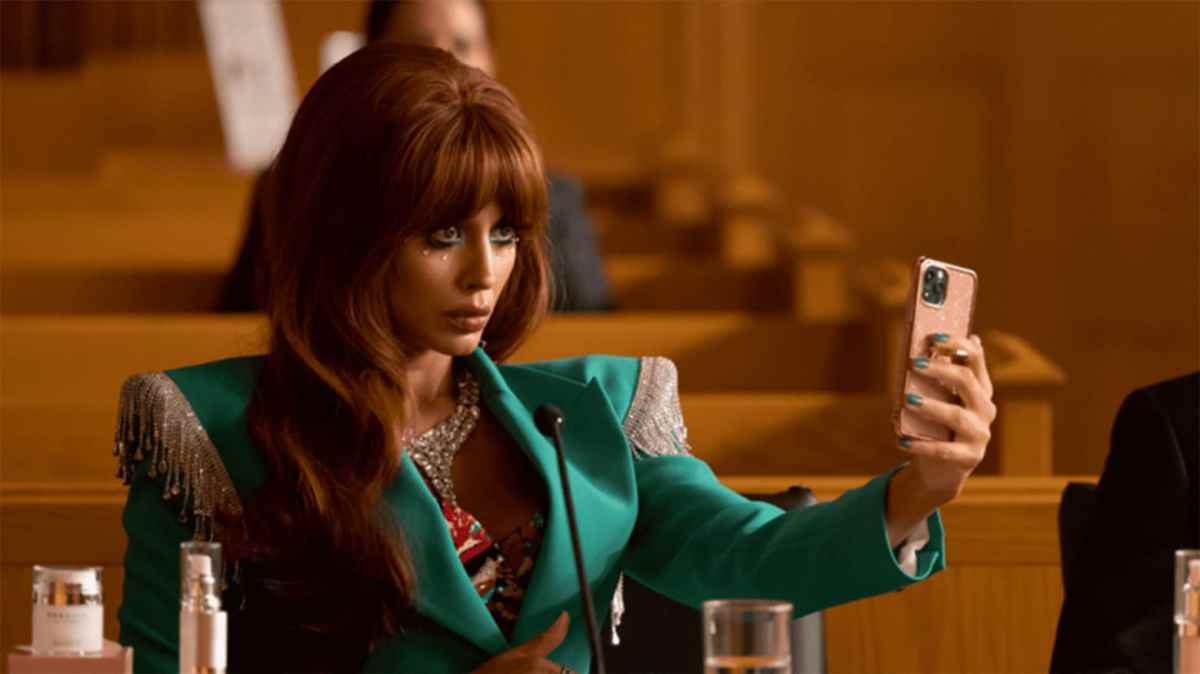







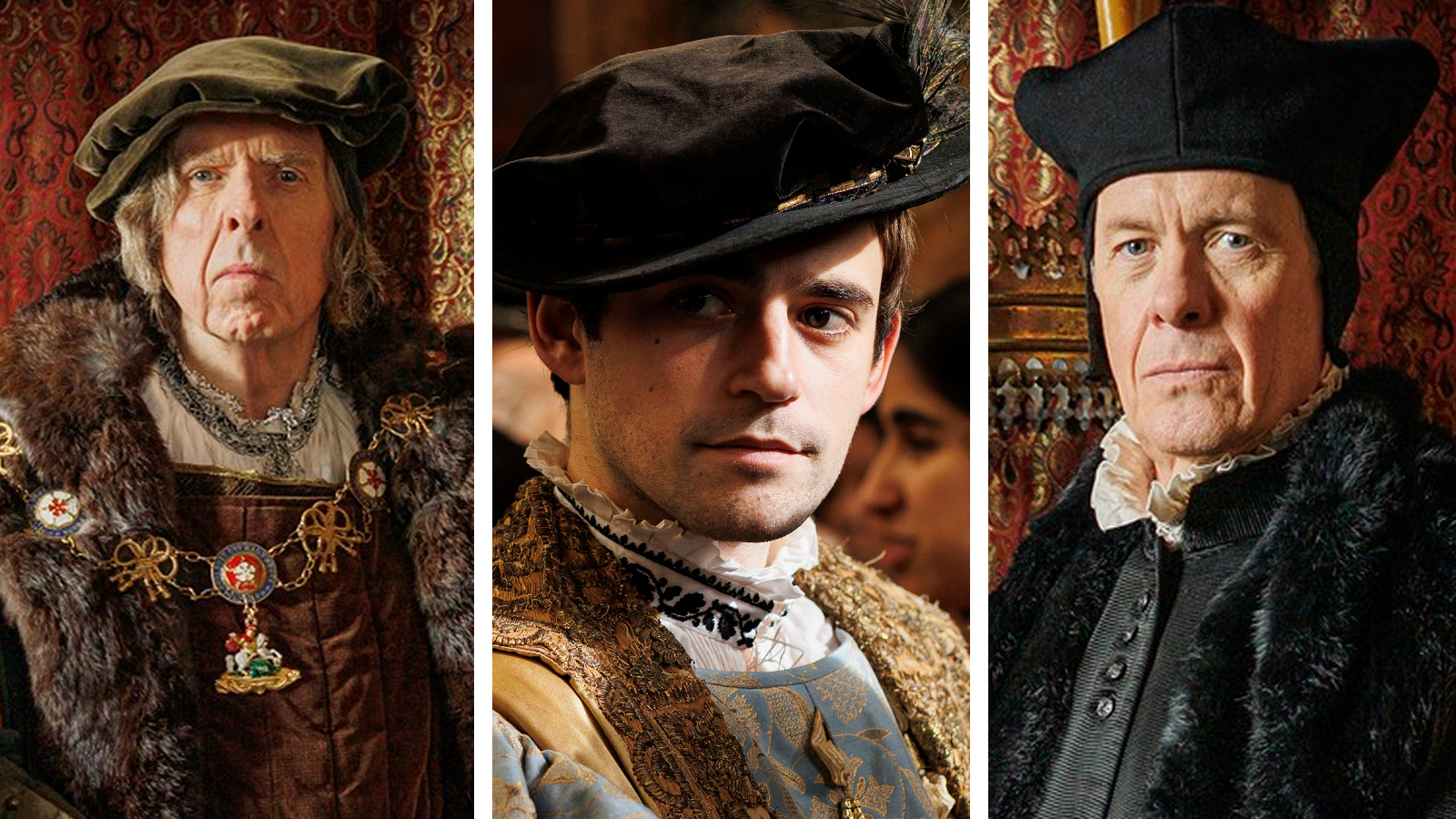

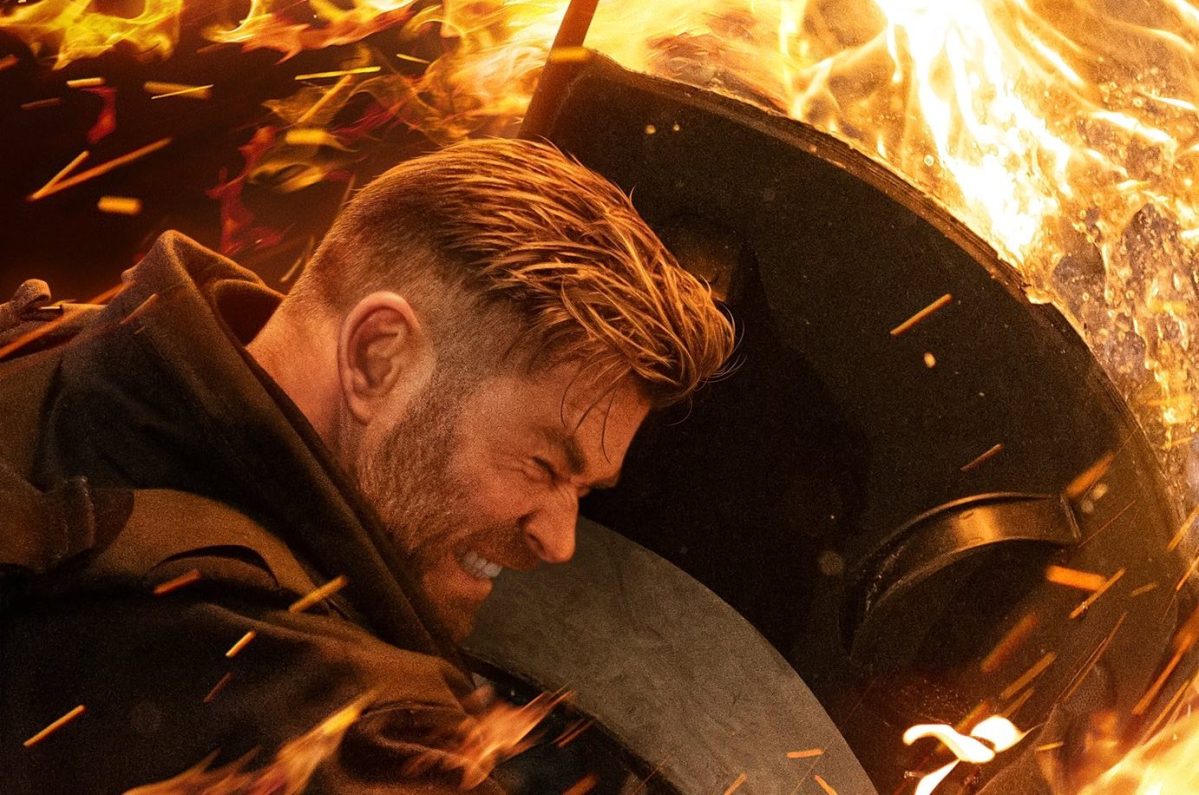


Published: Sep 15, 2022 4:00 PM UTC